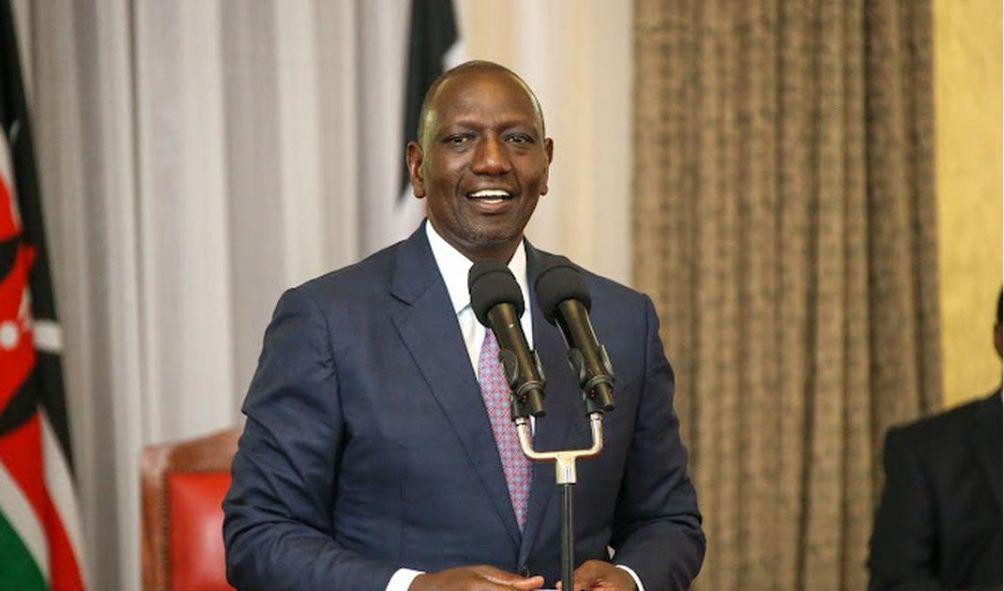Okiya Omtatah Letter Pokes Holes On Ruto’s 2-Year Deal
Senator Okiya Omtatah of Busia has criticized the government-to-government agreement between the administration of President William Ruto and Saudi Arabian and United Arab Emirates (UAE) companies.
In a letter dated 5 October and sent to Treasury CS Njuguna Ndung’u and his Energy counterpart Davis Chirchir, the lawmaker argued that the agreement was opaque and described it as shrouded in mystery.
In addition, he faulted the two CSs for failing to cast light on the contents of the deal, which he characterized as a matter of national importance and intense public interest.

“I am aware that, before these so-called agreements on the importation of petroleum products under the Government-to-Government arrangement, multinational oil marketers operating in Kenya would compete in an Open Tender System operated by EPRA whereby the tender winner would import petroleum products for all the oil marketers,” he argued.
“The Open Tender System was transparent with few complaints and it allowed Kenyan consumers to benefit from the dividends of free, fair, and open competition. Prices of petroleum products were fixed on the open market and were reasonably stable. But now, with these opaque agreements, under the government-to-government arrangement, the prices have gone through the roof.”
ALSO READ:
- Bomas talks will take Raila nowhere – Gachagua
- Senior Nairobi Police Officer Shoots Neighbour Before Killing Self
- ‘There Was Nothing Wrong’: DP Gachagua Speaks On President Ruto’s Cabinet Reshuffle
As a result, the Senator demanded to know why the average landed cost at Kilindini in US dollars per barrel under the Open Tender System in the six months immediately preceding importation under the government-to-government arrangement was US$60 (Ksh8,696) per barrel, but soared to US$120 (Ksh17,040) under the new deal.
In addition, he questioned how the state would ensure, by the Constitution, that it contracted for the products in a fair, equitable, transparent, competitive, and cost-effective manner.
Finally, the activist questioned who benefited from the extremely high escalation of the landed cost per barrel at Kilindini in US dollars.
“Kindly, note that failure to supply the information as requested will necessitate recourse to the Constitutional Court, at your risk as to costs, for orders regarding access to the requested information,” he added.
The state signed a nine-month agreement with Saudi Aramco, Abu Dhabi National Oil Corporation Global Trading (ADNOC), and Emirate’s National Oil Company (NOC) in March 2023 to supply oil products on credit until December 2023.
In mid-September, the state extended the agreement for one more year, extending its expiration to December 2024.
Ruto praised the agreement at the time, observing that it would save the country Ksh68 billion per month and reduce dollar pressure.
Without the agreement, Kenya would have had to raise Ksh74 billion (USD500 million) in dollars per month to pay for imported crude.

Okiya Omtatah Letter Pokes Holes On Ruto’s 2-Year Deal
